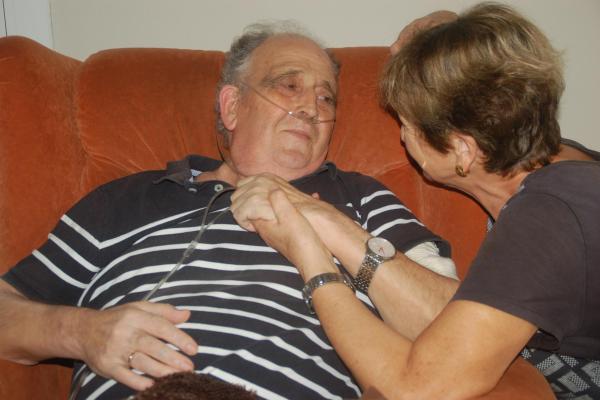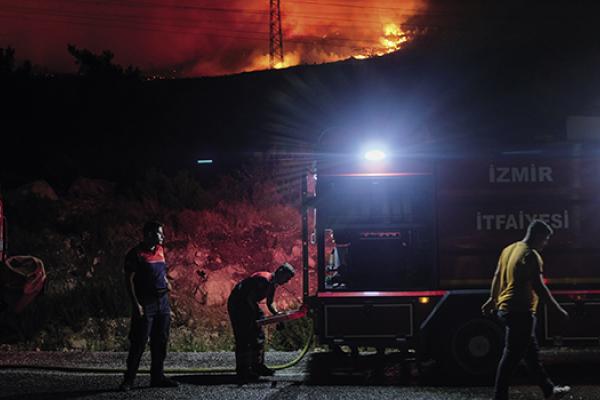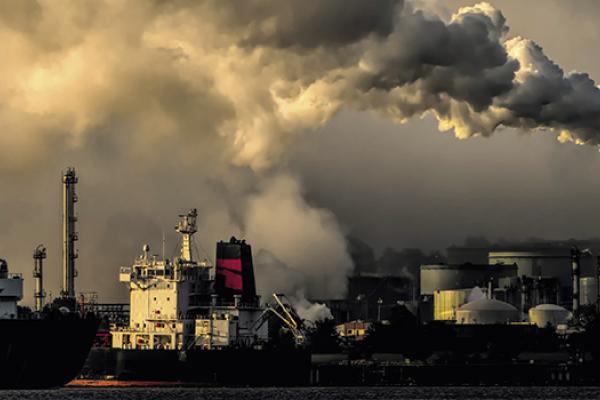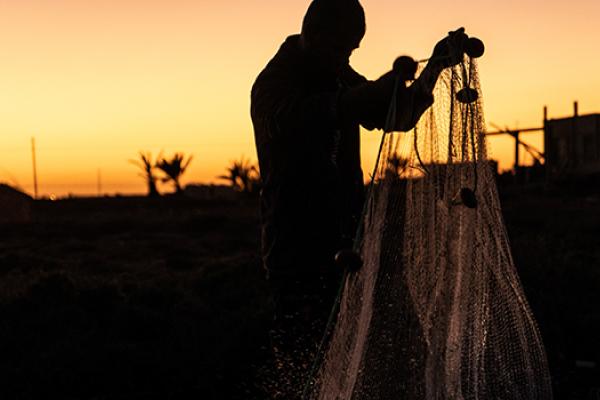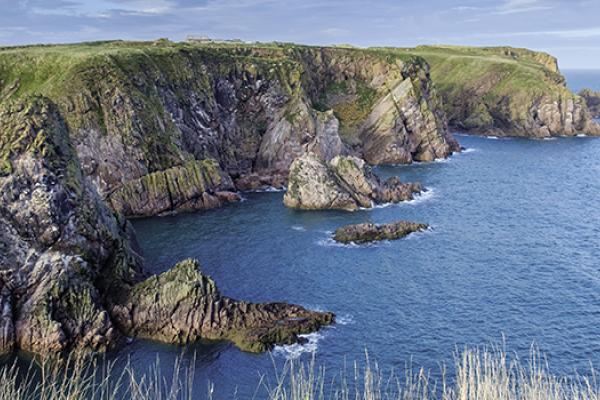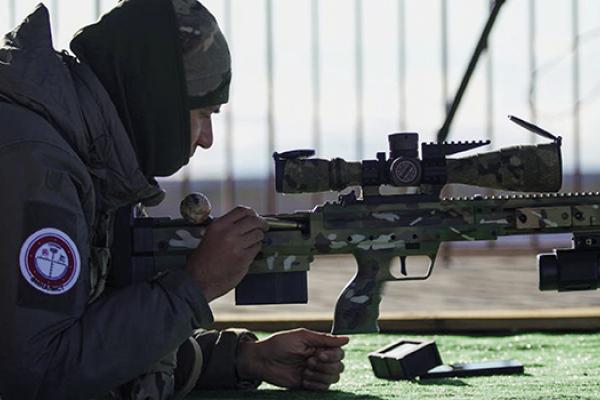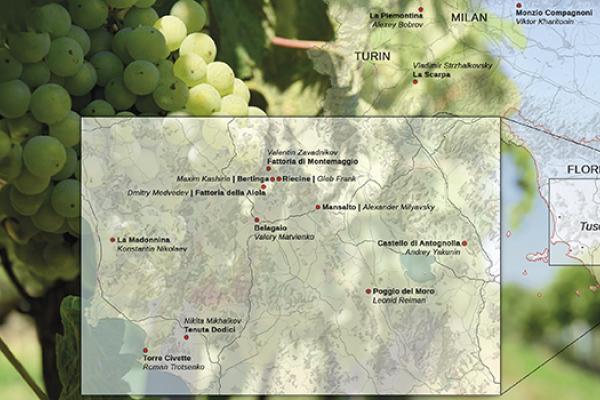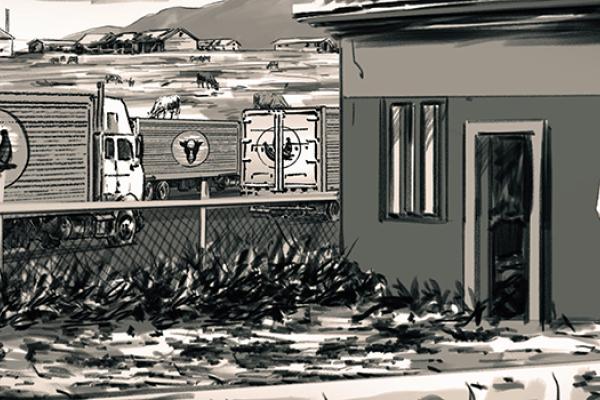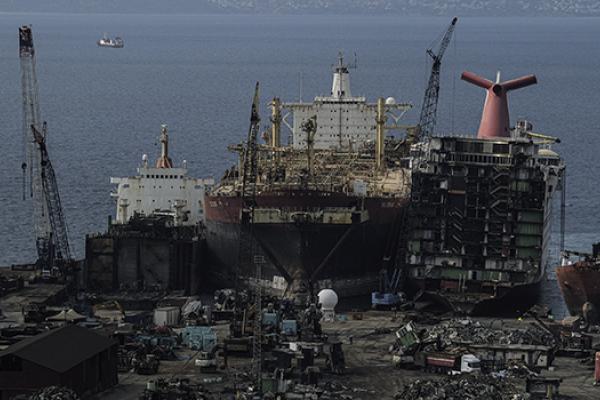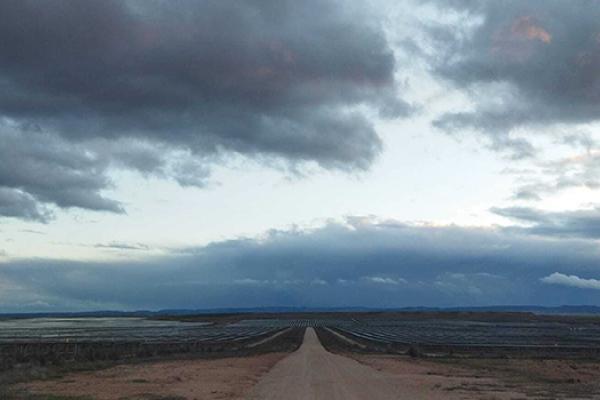ITALY - Investigative Reporting Project Italy (IRPI) has a unique role to play as the only nonprofit publisher of investigative journalism in Italy.
It was launched with the intention of addressing the broader social issue of a failing independent press, which in turn has the potential to contribute to an unaware society and a weakened democracy in the country. Since its foundation in 2012, IRPI has become a model for other independent journalism centres in the Mediterranean, thanks to its expertise, and has enjoyed significant growth in digital audiences in Italy and abroad.
As stated in its manifest, the association addresses a globalised citizenship through international media. IRPI has established itself as an independent organisation and it carries out its investigations thanks to funds raised through a mix of donations from foundation and grants for journalists.
IRPI's expertise on tracing Italian organised crime around the world has made it a crucial partner to many international consortiums. IrpiMedia has also been privileged to serve as the only Italian media partner of important cross-border projects like Suisse Secrets, coordinated by Suddeutsche Zeitung and OCCRP. The goal is to support IRPI's position in the Italian and European media ecosystem, and overall to foster positive change in the social issue of a weakened press and weakened democracy in the Mediterranean.

